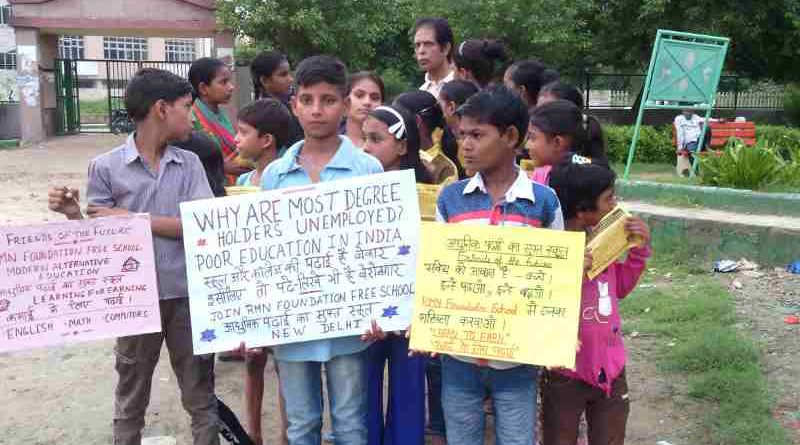Young People Face Uncertain Future in Job Market: ILO Report

Young people face an uncertain future in the labour / job market because of automation, the narrow focus of vocational training, and the lack of jobs to match their qualifications, says a new International Labour Organization (ILO) report.
The number of young people currently not in employment, education, or training (NEET) is rising, and young women are more than twice as likely as their male counterparts to be affected, according to the report.
Young people (those aged 15-24) who are employed also face a greater risk than older workers of losing their jobs because of automation, and those with vocational training are particularly vulnerable, the report shows.
[ 750000 Apply for 707 Low-Level Jobs. MBA-MCA Ready to Work as Sweepers ]
“This reflects how the occupation-specific skills imparted by vocational training tend to become obsolete faster… than general education skills,” the report says. It calls for vocational training programs to be revised and modernized so that they meet the changing demands of the digital economy.
The latest Global Employment Trends for Youth 2020: Technology and the Future of Jobs (GET Youth 2020) shows that, since the previous GET Youth report in 2017, an upward trend in NEET status has emerged.

In 2016 there were 259 million young people classified as NEET, which rose to an estimated 267 million in 2019 and is projected to continue rising to 273 million in 2021. In percentage terms the trend also upwards – from 21.7 per cent in 2015 to 22.4 per cent in 2020. These trends imply that the target set by the international community to substantially reduce the NEET rate by 2020 will be missed.
There are currently around 1.3 billion young people globally, of whom 267 million are classified as NEET. Two-thirds, or 181 million, of NEETs are young women.
💛 Support Independent Journalism
If you find RMN News useful, please consider supporting us.




